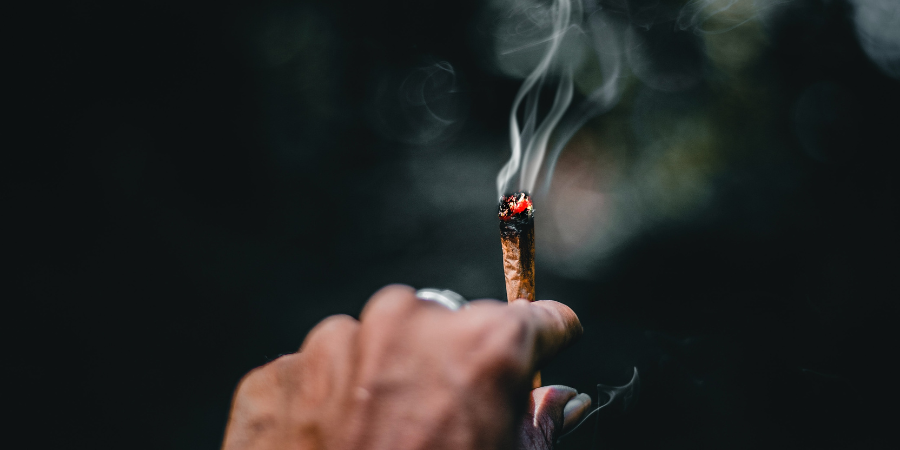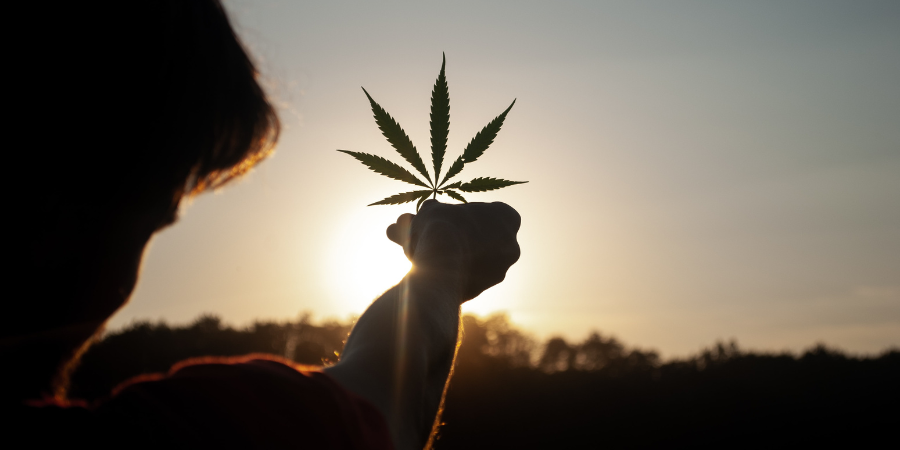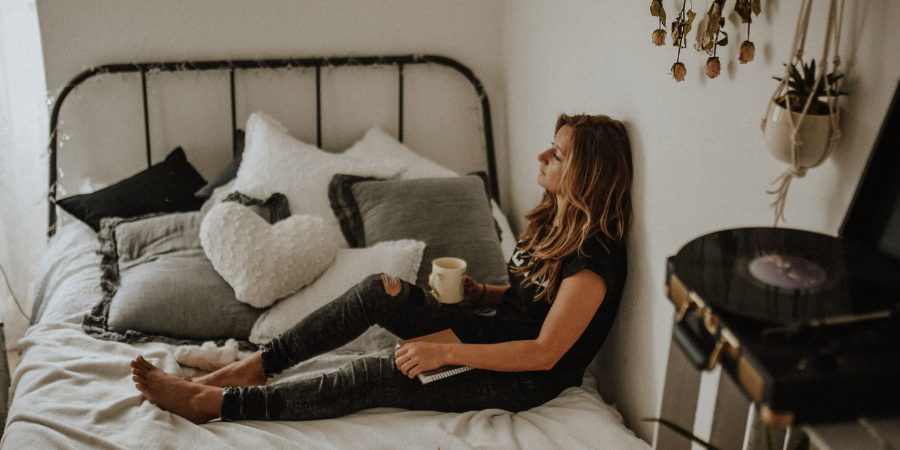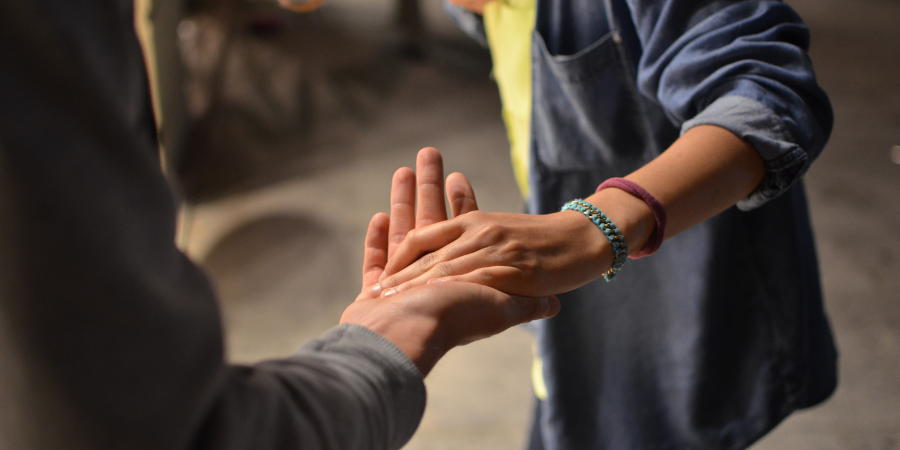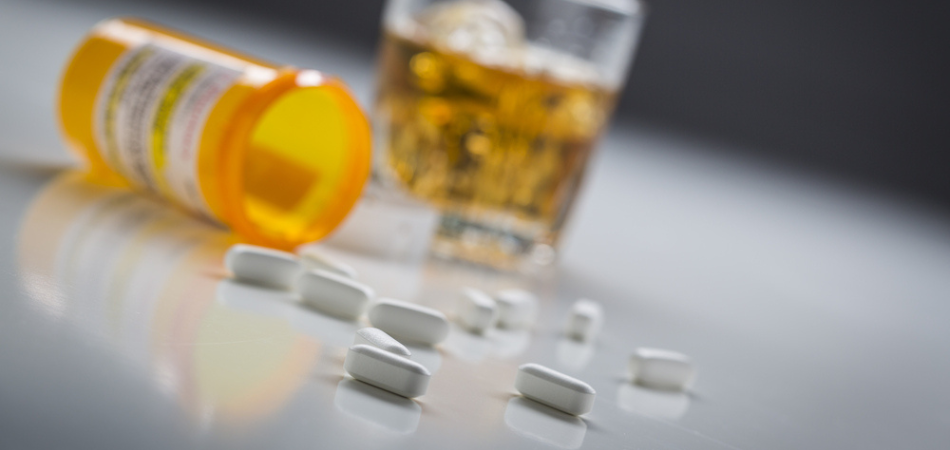
Written by:

Medically Reviewed by:
Last Updated:
August 13th, 2025
Cannabis Addiction | Definition, Symptoms and Effects
Rehab isn’t something most people associate with cannabis. For many, it still seems like a casual habit, not a serious problem. But if cannabis has started to affect your life, relationships or peace of mind, then cannabis rehab is absolutely a valid and accessible option.
At Primrose Lodge, we provide the structure, space and support to help you step away from cannabis and begin something better. This page explains what that really looks like.
What does cannabis rehab involve?
Cannabis rehab is a structured programme that helps you stop using cannabis and learn new ways to cope with life’s pressures and emotions. At Primrose Lodge, this involves a blend of therapy, support and aftercare, all tailored to your individual circumstances.
We’re not here to judge how or why things got to this point. Instead, we’re here to help you work out how to feel better and move forward. For some, cannabis has been used to escape stress, dull emotional pain or feel some kind of control. Rehab is where you start to understand those patterns and gently build something more solid to stand on.
Why do we offer inpatient cannabis rehab?
Outpatient options can be helpful for some, especially where there’s strong support at home. But if cannabis use has become a deeply ingrained habit, stepping out of your usual surroundings can make a real difference. Inpatient rehab at Primrose Lodge removes the distractions, routines and triggers that made quitting so difficult in the past.
You’ll be in an environment built for recovery. You’ll have meals cooked for you, a daily routine that brings structure and people around you who genuinely get it. Most importantly, you’ll have space, mental and physical, to start looking at your life with fresh eyes.
How is the cannabis rehab programme structured?
We know that no two people arrive at rehab in the same way. Some have been using cannabis for decades. Others feel they’ve lost control after a few years. That’s why everything we do at Primrose Lodge is shaped around your story, not a one-size-fits-all approach.
The role of therapy in cannabis rehab
Therapy isn’t about looking backwards and picking things apart for no reason. It’s about looking at what’s been driving your choices and learning how to change the way you respond. Many people come to us thinking cannabis was their only coping tool. Through therapy, they start to realise that it was a temporary fix for something deeper.
At Primrose Lodge, we offer several forms of therapy to help with this process:
Together, these therapies help build self-awareness, resilience and practical coping skills, all crucial for lasting change.
What is aftercare?
Finishing rehab doesn’t mean you’re suddenly immune to old habits or thoughts. That’s why aftercare exists: to keep you supported while you adjust to life outside. For many, the first few weeks back home can feel shaky. Aftercare is there to keep things steady.
At Primrose Lodge, aftercare is a part of your plan from the start. Before you leave, we’ll make sure you have access to continued therapy, local or online support groups and strategies for handling everyday challenges.
You may also stay in touch with others you met during your stay. These connections can be a quiet source of strength, especially on days where everything feels a little harder.
Aftercare doesn’t promise life will be perfect. But it helps you stay steady when life gets real again.
What are the next steps?
Rehab might not have been something you ever pictured for yourself. But if cannabis has started taking more than it’s giving, it could be the support you’ve been looking for.
At Primrose Lodge, we understand that cannabis addiction doesn’t always look dramatic from the outside. It’s often quiet, hidden in routines and rationalisations. But that doesn’t make it any less important to address. Our team is here to help you step away from it with care, structure and real support.
If you’re ready to take the next step or even just curious about what that might involve, we’re here when you need us.


